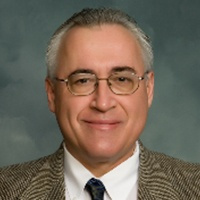New Haven Felony Lawyer, Indiana
Sponsored Law Firm
-
 x
x

Click For More Info:
-
Roscoe Stovall Jr. & Associates
2 West Main Street Mooresville, IN 46158» view mapAccident & Injury Law Working Relentlessly For You
Let Roscoe Stovall Jr. & Associates handle your Accident & Injury case.
800-847-2831
Not enough matches for New Haven Felony lawyer.
Below are all New Haven Criminal lawyers.
Megan Lynn Close
✓ VERIFIEDCriminal, Divorce & Family Law, Estate, Traffic, Employment
Megan Close is a dedicated individual who commits her life and practice to the service of others. If you are looking for someone who you can trust, lo... (more)
Michael Richard McEntee
✓ VERIFIEDAccident & Injury, Workers' Compensation, Divorce & Family Law, DUI-DWI, Wills & Probate
General Practice and Workers Compensation since 1977
My name is Mike McEntee and I have been practicing law in Fort Wayne for over thirty years. I was born and raised here and my three children all went ... (more)
Zachary Adam Witte
Accident & Injury, Business, Real Estate, Criminal
Status: In Good Standing Licensed: 21 Years
Bart Arnold
Criminal, DUI-DWI, Juvenile Law, Personal Injury
Status: In Good Standing Licensed: 27 Years
FREE CONSULTATION
CONTACTGloria J. Bolino
Family Law, Guardianships & Conservatorships, Criminal, Disability
Status: In Good Standing Licensed: 36 Years
John Gentry Clifton
Traffic, Dispute Resolution, Divorce & Family Law, Criminal
Status: In Good Standing Licensed: 61 Years
 Roscoe Stovall Mooresville, IN
Roscoe Stovall Mooresville, IN


